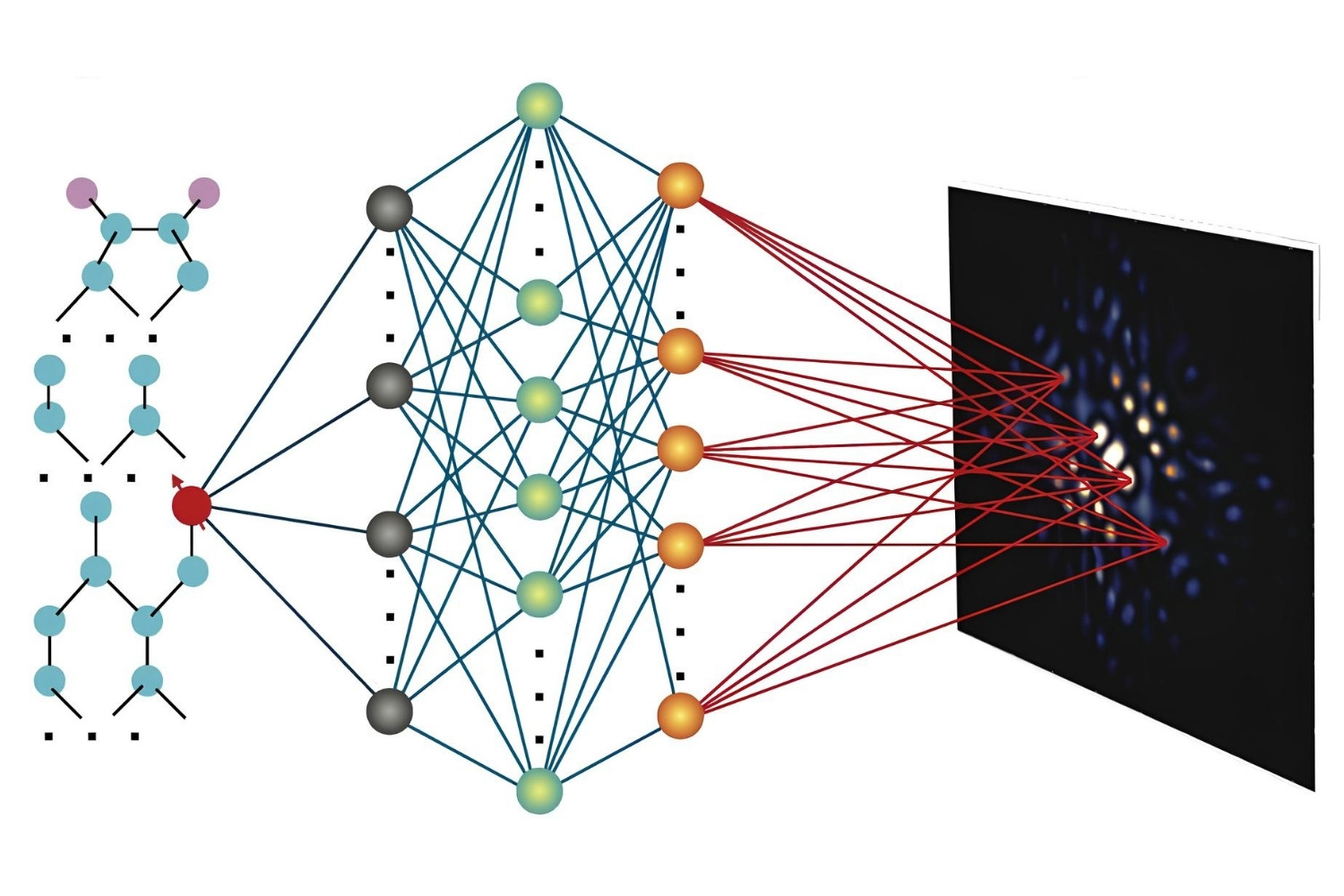
Quantum Neural Networks (QNNs) are transforming the landscape of artificial intelligence and quantum computing. But what exactly are QNNs? In simple terms, they combine the principles of quantum mechanics with neural networks to process information in ways classical computers can't. Imagine harnessing the power of quantum bits (qubits) to solve complex problems faster than ever before. This fusion opens doors to advancements in cryptography, optimization, and even drug discovery. Curious about how QNNs work and their potential applications? This article dives into 31 fascinating facts about QNNs, shedding light on their mechanics, benefits, and future prospects. Get ready to explore the cutting-edge world of quantum computing and neural networks!
What Are Quantum Neural Networks?
Quantum Neural Networks (QNNs) combine quantum computing with artificial neural networks. This fusion aims to leverage the strengths of both fields to solve complex problems more efficiently.
- QNNs use quantum bits, or qubits, which can represent both 0 and 1 simultaneously, unlike classical bits.
- Superposition allows QNNs to process multiple inputs at once, speeding up computations.
- Quantum entanglement enables qubits to be interconnected, enhancing data processing capabilities.
- QNNs can potentially solve problems that are currently intractable for classical computers.
How Do Quantum Neural Networks Work?
Understanding the mechanics of QNNs involves delving into both quantum mechanics and neural network architectures. Here are some key points:
- QNNs use quantum gates to manipulate qubits, similar to how classical neural networks use weights.
- Quantum gates perform operations that change the state of qubits, enabling complex computations.
- Quantum circuits, composed of multiple quantum gates, form the backbone of QNNs.
- Measurement in QNNs collapses qubits from a superposition state to a definite state, providing the output.
Applications of Quantum Neural Networks
QNNs have the potential to revolutionize various fields by offering unprecedented computational power. Here are some areas where they could make a significant impact:
- Drug discovery could be accelerated by simulating molecular interactions more efficiently.
- Financial modeling might benefit from faster and more accurate risk assessments.
- Cryptography could become more secure with advanced quantum algorithms.
- Machine learning tasks, such as image and speech recognition, could see improved performance.
Challenges in Developing Quantum Neural Networks
Despite their potential, QNNs face several hurdles that need to be overcome for widespread adoption. Here are some of the main challenges:
- Quantum decoherence causes qubits to lose their quantum state, making computations unreliable.
- Error rates in quantum gates are currently higher than in classical systems.
- Scalability is a significant issue, as building large-scale quantum computers remains challenging.
- Quantum hardware is still in its infancy, requiring further advancements for practical applications.
Current Research and Developments
Researchers are actively working on overcoming the challenges associated with QNNs. Here are some recent advancements:
- Quantum error correction techniques are being developed to mitigate decoherence.
- Hybrid quantum-classical algorithms aim to combine the strengths of both computing paradigms.
- Quantum annealing is being explored as a method for solving optimization problems.
- Quantum supremacy, the point at which quantum computers outperform classical ones, has been demonstrated in specific tasks.
Future Prospects of Quantum Neural Networks
The future of QNNs looks promising, with potential breakthroughs on the horizon. Here are some exciting possibilities:
- Integration with classical AI systems could lead to more powerful hybrid models.
- Quantum cloud computing services may become available, democratizing access to quantum resources.
- Advances in quantum hardware could make QNNs more practical for everyday use.
- New quantum algorithms might unlock solutions to previously unsolvable problems.
Ethical Considerations
As with any powerful technology, QNNs raise ethical questions that need to be addressed. Here are some considerations:
- The potential for misuse in areas like surveillance and privacy invasion.
- Ethical implications of using QNNs in decision-making processes.
- The environmental impact of building and maintaining quantum computers.
- Ensuring equitable access to quantum technologies to avoid widening the digital divide.
Quantum Neural Networks in Popular Culture
QNNs have captured the imagination of many, appearing in various forms of media. Here are some examples:
- Sci-fi movies often depict advanced AI systems powered by quantum computing.
- Books and TV shows explore the implications of quantum technologies on society.
- Video games sometimes feature quantum computers as plot devices or gameplay elements.
The Future of Quantum Neural Networks
Quantum neural networks are set to revolutionize technology. They combine the power of quantum computing with the adaptability of neural networks. This fusion promises faster data processing, improved problem-solving, and breakthroughs in fields like cryptography, medicine, and artificial intelligence.
Researchers are already making strides, but there's still much to learn. As technology advances, expect quantum neural networks to become more accessible and practical. They could transform industries, making tasks that seem impossible today routine tomorrow.
Staying informed about these developments is crucial. Whether you're a student, professional, or tech enthusiast, understanding quantum neural networks can give you a glimpse into the future of computing. Keep an eye on this exciting field; it's bound to bring about changes that will impact our daily lives in ways we can't yet fully imagine.
Was this page helpful?
Our commitment to delivering trustworthy and engaging content is at the heart of what we do. Each fact on our site is contributed by real users like you, bringing a wealth of diverse insights and information. To ensure the highest standards of accuracy and reliability, our dedicated editors meticulously review each submission. This process guarantees that the facts we share are not only fascinating but also credible. Trust in our commitment to quality and authenticity as you explore and learn with us.
